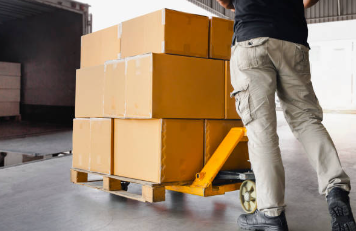LTL (Less Than Truckload) and FTL (Full Truckload) shipping are critical components of supply chain logistics, and businesses need to have reliable, efficient, and cost-effective shipping solutions to succeed. At CCLS, we understand the importance of LTL and FTL shipping to businesses and offer comprehensive transportation management solutions to help companies manage their shipping needs. By leveraging our LTL and FTL shipping services, businesses can optimize their shipping processes, reduce costs, and improve their supply chain performance.
Partnering with CCLS for LTL and FTL shipping services offers businesses several benefits, including access to a broad range of carriers, optimized shipping routes, and real-time tracking and monitoring of their shipments. Our network of carriers allows us to find the best shipping rates and transit times for our customers, ensuring that their shipments arrive on time and within budget. Additionally, our advanced technology gives companies real-time visibility into their shipments' status, enabling them to track their deliveries, generate customized reports, and analyze their supply chain performance. With our comprehensive LTL and FTL shipping services, businesses can streamline their shipping processes, improve their supply chain efficiency, and focus on their core business operations.
LTL Shipments
In the trucking industry, LTL stands for "Less Than Truckload". This is a shipment type that doesn't fill up the entire truck. Instead, when companies have smaller loads to ship, they use LTL shipping so their goods can share space on the same truck with goods from other companies. This is often a cost-effective way to ship goods, allowing companies to only pay for the space their freight occupies rather than the whole truck.
LTL carriers collect freight from various shippers and consolidate that freight onto enclosed trailers for line haul to the delivering terminal or to a hub terminal, where the freight will be further sorted and consolidated for additional line hauls. The process involves multiple terminals and may take longer than Full Truckload (FTL) shipping, but it allows for cost-saving for shippers with smaller loads.
In short, LTL in trucking offers a shipping solution for smaller freight that doesn't require an entire semi-trailer.

FTL Shipments

In the trucking industry, FTL stands for "Full Truckload". This type of shipping is typically used when there is enough cargo to fill an entire truck or at least enough to make it cost-effective. An FTL shipment stays on the same truck from the point of pickup to its final destination, resulting in faster shipping times than Less-Than-Truckload (LTL) shipping, which may involve multiple shipments from different senders combined on a single truck.
FTL is generally used for large shipments of 15,000-20,000 pounds or when a customer has enough products to fill an entire truck. This method can be advantageous for shippers with high-volume loads, as it may be more time-efficient and offer more predictable delivery times.
It's also often used when the shipper wants to limit cargo handling in transit, as FTL shipments typically involve fewer stops and, thus, less loading and unloading of goods. This can help reduce the risk of damage to the shipment.
By leveraging its cross-border expertise, network, and customer-centric approach, CCLS can efficiently handle your LTL and FTL shipments, ensuring seamless transportation and delivery, improving your supply chain efficiency, and focus on their core business operations.
Contact us today to discuss how CCLS can help with your LTL and FTL shipments.
Contact Us
Learn more about how CCLS can help with your LTL and FTL shipments.




